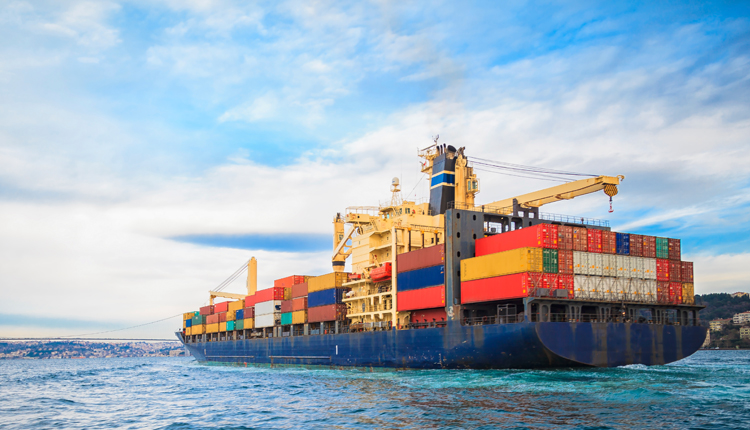The African Continental Free Trade Agreement (AfCFTA) is projected to offer jobs for more than 1.5 billion people, with a projected trade exchange worth $3.4 trillion, the trade committee of the Egyptian Junior Businessmen Association (EJB) said in a recent statement
Head of the committee Mohamed Abdelrahman said that most African states are entirely dependent on imports from outside the continent, a matter which increases the poverty rates and badly affects the continent’s supply chains, especially amid the COVID-19 crisis.
Yet, Abdelrahman noted that the agreement faces many major challenges, topped by linking African markets with African producers and the product with the consumer, adding that trade exchange among African countries is difficult.
He underlined that problems would emerge by the beginning of the implementation of the agreement, pointing to some countries’ concerns about opening their markets for neighbouring countries.
He added that the dependency of African countries on goods from China, Europe, and the United States is another challenge that the agreement faces, which has experienced many problems during the lockdown period.
In July 2020, AfCFTA was due to come into force, but it witnessed a delay due to the COVID-19 crisis and its related lockdown measures.
AfCFTA is the biggest trade deal in the world in terms of the number of participating countries since the establishment of the World Trade Organisation in 1994.
The AfCFTA agreement is merging 54 African countries of 1.3 billion people in one market within an economic bloc with a combined GDP of $3.4 trillion, according to the African Centre for Economic Transformation.
Once in place, AfCFTA is projected to grow by 33 percent, and Africa’s total trade deficit is expected to be cut in half. Moreover, it could generate a total consumer and business spending of $6.7 trillion by 2030, according to ACET.
The success of the agreement will be a true test of its effectiveness in bringing about the economic and development breakthrough to which we all aspire, Egypt’s Prime Minister Mostafa Madbouli said in December during the 13th extraordinary summit on the AfCFTA — which was held virtually due to the pandemic — on behalf of President Abdel-Fattah El-Sisi.
This came along with the statements of Egypt’s Minister of Trade and Industry Niveen Gamea, who announced in December that the ministry is to establish the Arab Africa Trade Bridges programme, which was launched by the International Islamic Trade Finance Corporation and is expected to last till the end of September 2021 with the aims of enhancing the capacity of Egyptian exporters and encourage exporting to new markets in Africa.


